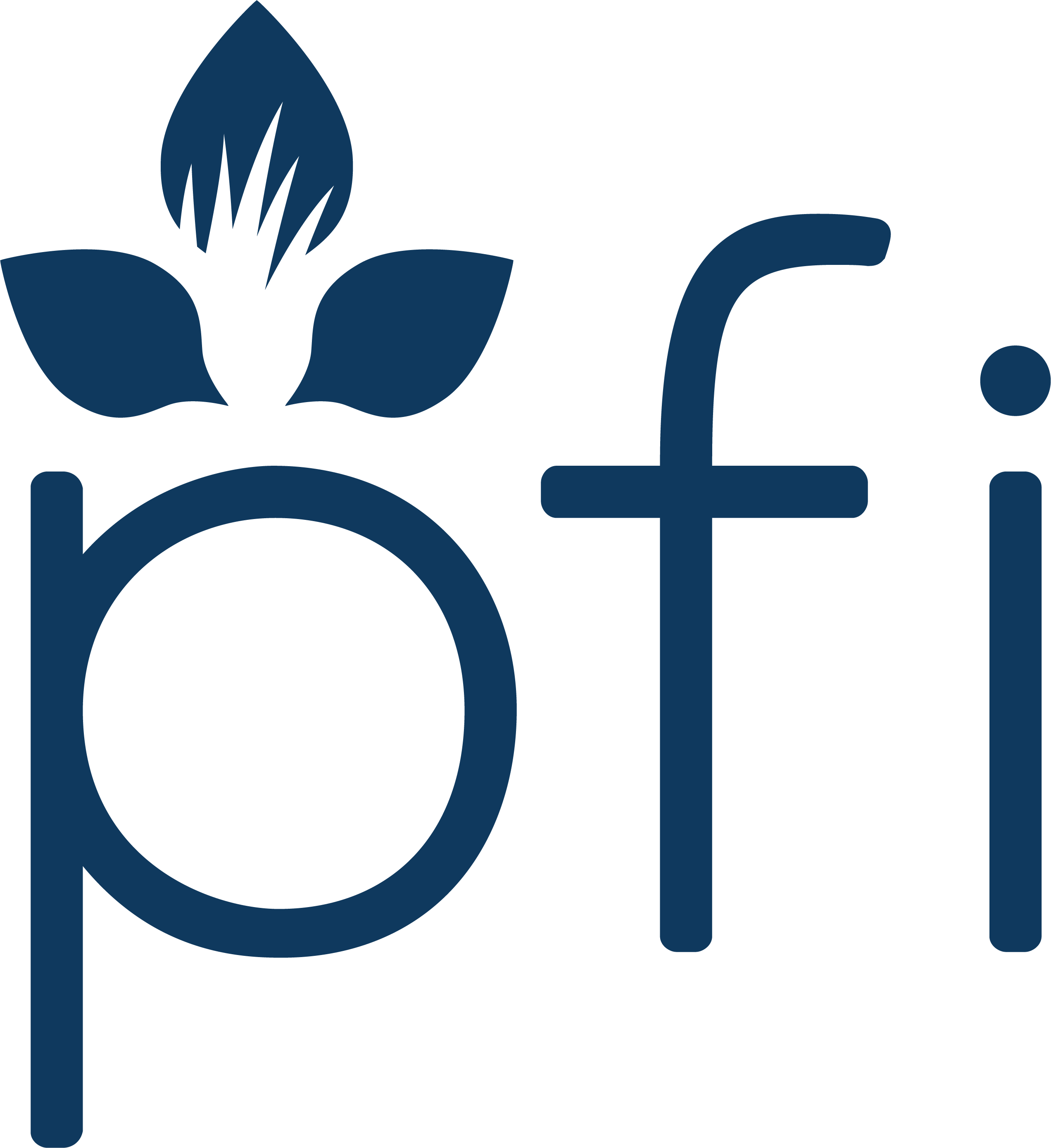Do you want to cut input costs and reduce your nitrogen application? Apply for our N Rate Risk Protection Program!
Week of April 28, 2024
4/21/24
5/5/24
Practical Farmers events are in blue. Non-PFI events are in red.
May
2
En Español

Become a Member
Want to join our incredible community of innovative farmers, enlightened consumers and forward-thinking agricultural and environmental professionals?
